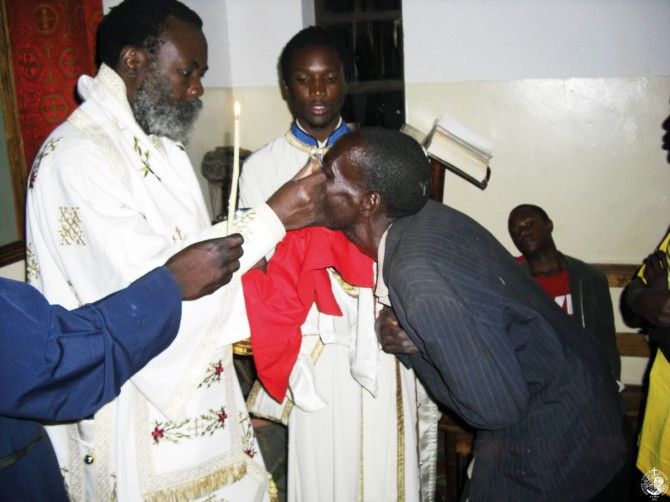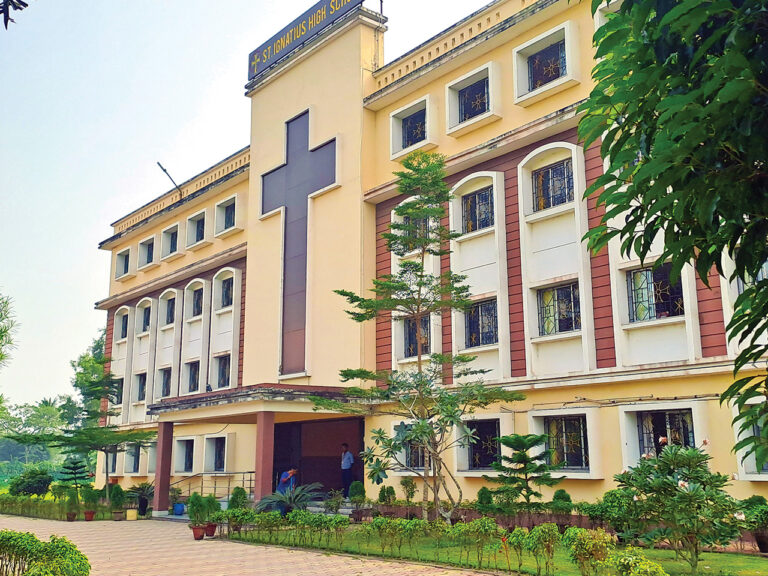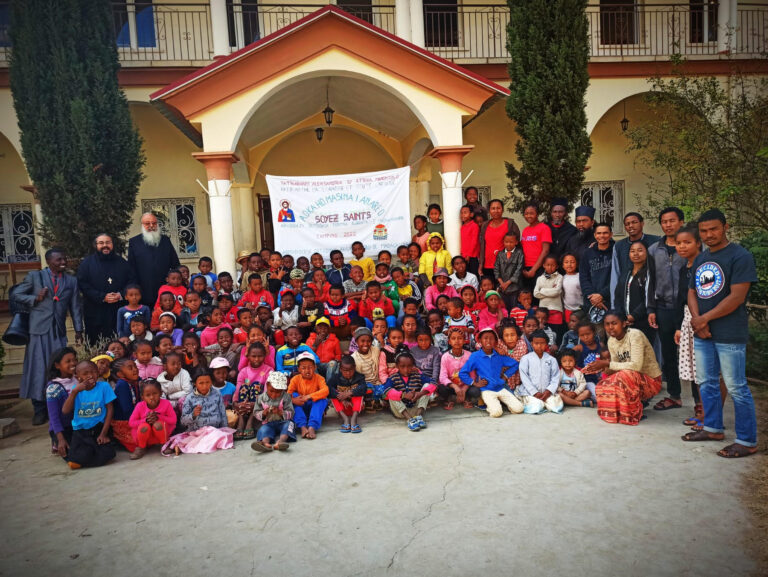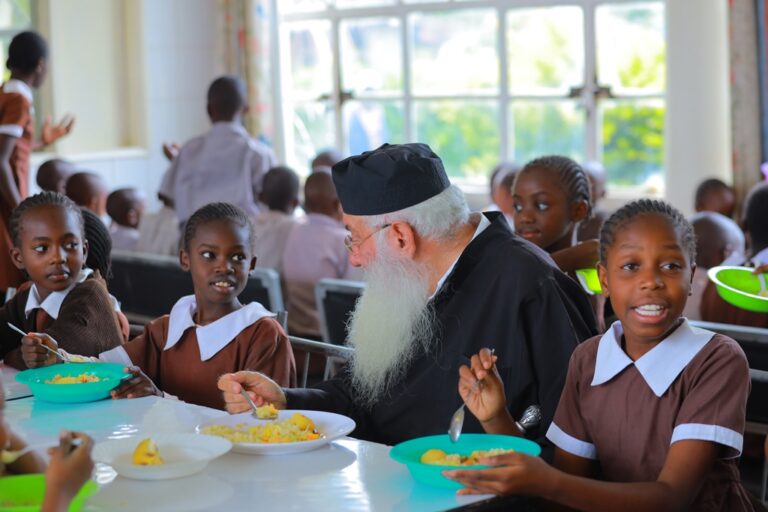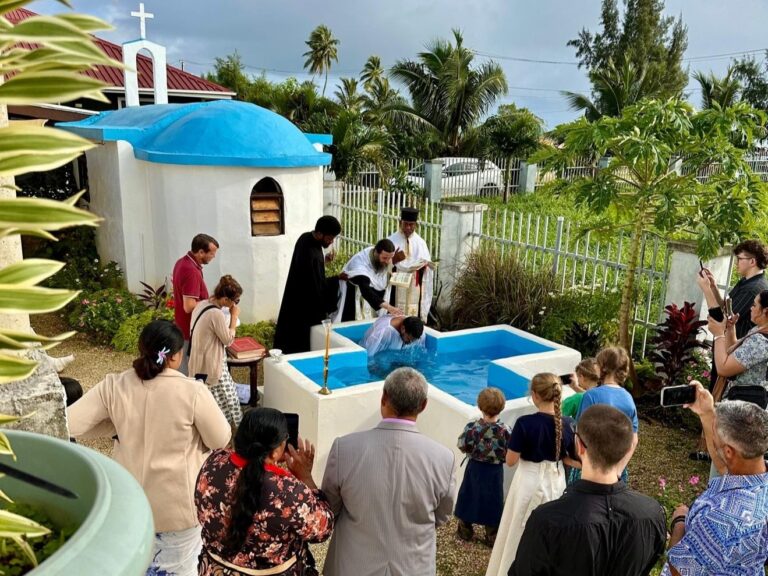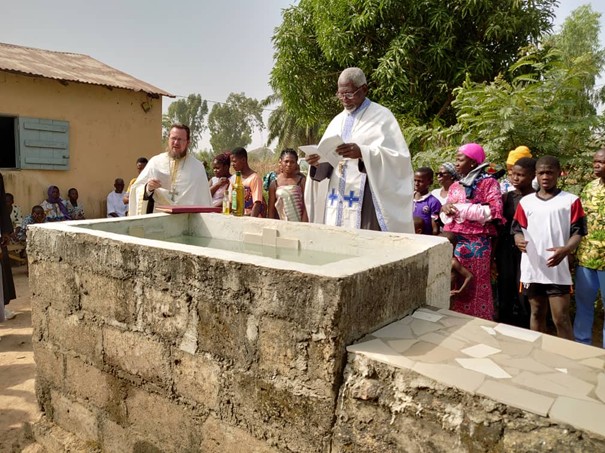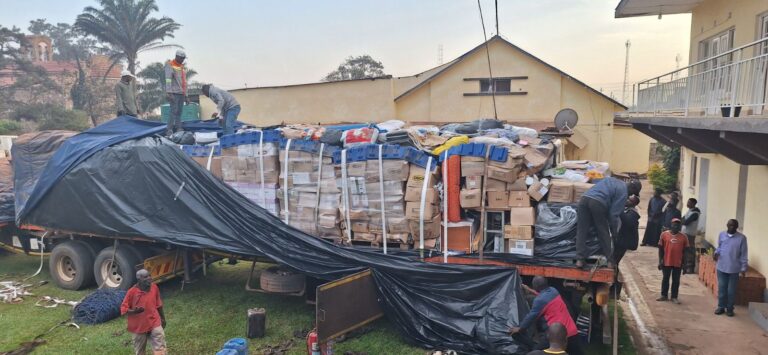Obstacles on the road to Orthodoxy
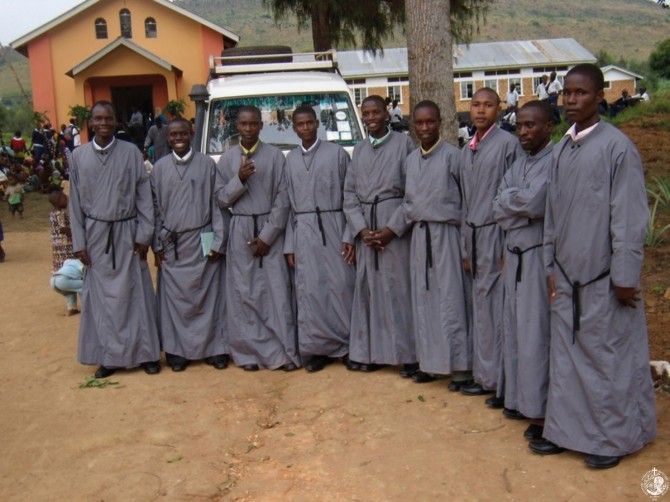 The Orthodox Church in northern Tanzania has many believers. Always and everywhere, people with unfeigned souls, when they found the precious pearl, sold everything they had to buy it and make it their own. And so it is here. Those people who are able to recognize in the Orthodox faith and life the treasure that will never be taken from them-now and in eternity-give it their hearts and follow it. It is not so easy to walk miles barefoot, carrying a child on one’s back, to reach the temple of God and pray. Nor is it to stand up for 3-4 hours to watch the celebration of the Divine Liturgy. He did not sit for three hours during the liturgy, joining his voice with the voices of the others in the chanting, only to later walk back to his hut a few kilometres away, fasting. Nor is it easy to slog away for 10-15 days, living in an outdoor camp, to participate in an intensive catechetical seminar. And yet they do all of this. And not only that. They are willing to do much more if given the motivation and opportunity. The Church is obliged to make good use of these people and to offer them a field of action so that they can serve her. However, there are also many obstacles for indigenous people to convert to Orthodoxy. The first and decisive difficulty is to get the Orthodox message to them, to their place. For this to happen, there must be those workers of the Gospel who are willing to move to bring it to them. This is not so obvious. For this reason,
The Orthodox Church in northern Tanzania has many believers. Always and everywhere, people with unfeigned souls, when they found the precious pearl, sold everything they had to buy it and make it their own. And so it is here. Those people who are able to recognize in the Orthodox faith and life the treasure that will never be taken from them-now and in eternity-give it their hearts and follow it. It is not so easy to walk miles barefoot, carrying a child on one’s back, to reach the temple of God and pray. Nor is it to stand up for 3-4 hours to watch the celebration of the Divine Liturgy. He did not sit for three hours during the liturgy, joining his voice with the voices of the others in the chanting, only to later walk back to his hut a few kilometres away, fasting. Nor is it easy to slog away for 10-15 days, living in an outdoor camp, to participate in an intensive catechetical seminar. And yet they do all of this. And not only that. They are willing to do much more if given the motivation and opportunity. The Church is obliged to make good use of these people and to offer them a field of action so that they can serve her. However, there are also many obstacles for indigenous people to convert to Orthodoxy. The first and decisive difficulty is to get the Orthodox message to them, to their place. For this to happen, there must be those workers of the Gospel who are willing to move to bring it to them. This is not so obvious. For this reason,
a great complaint of men is why true faith in God has come so late to them. Why is it that what the Greeks, for example, have possessed for two thousand years, has not been shared with them for so long? It is a staggering question and a very difficult one to answer.
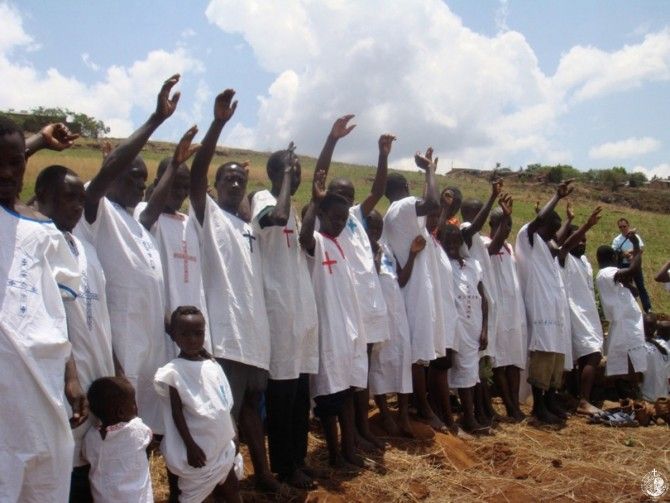
Now, assuming that the first difficulty is overcome, a new, equally great one arises. The problem of language. Since by the word truth is inscribed in the mind and heart, the word of the Gospel must use their familiar linguistic idiom. For them it is very difficult to learn foreign languages. So someone who knows foreign languages should also learn theirs in order to reach them, translate texts, print them, distribute them, etc. From then on, their responsibility begins. Other difficulties come from their racial and social background. To embrace a faith alien to their surroundings means for them to make reversals and readjustments in the structures of their lives. To accept to live with others, but not as others. This means a lot. They themselves will have to uproot from within themselves habits, practices, attitudes experienced over centuries by their ancestors and handed down to them. At the same time, they will have to inform and convince their compatriots that what they have chosen is stronger and truer, something truly unique. They are often confronted with suspicion, rejection, marginalisation and even aggressive behaviour on the part of their fellow human beings. Some apparently underestimate the numerical growth of the Orthodox and try to undermine this spread, sometimes in overt, sometimes in subterranean ways. But there are also practical difficulties. For example, what is a man who has hitherto lived with three or four wives and had children with them to do when he becomes an Orthodox and must, on the one hand, henceforth function in the one and blessed marriage his existence, and, on the other hand, support and assist the wives and children he had when he was in ignorance? I have mentioned, in summary and as a sample, difficulties and obstacles, so that friends of the mission may realize the struggle that Orthodox missionaries make every day. Of course there are other difficulties, “of which there are no end”. For this reason, we need your unceasing prayer, so that with God’s grace and patience, we can continue with every sacrifice to preach in this region of northern Tanzania.
From the Holy Metropolis
